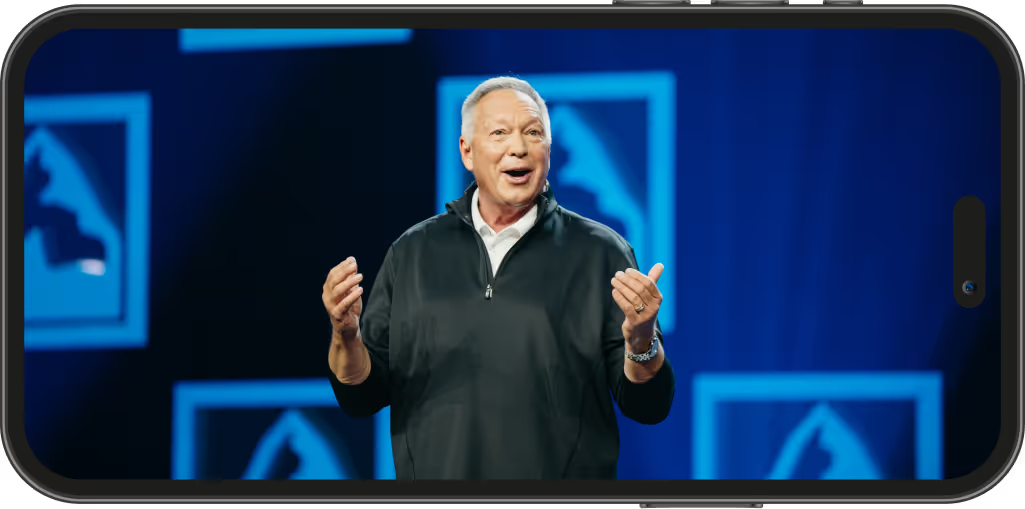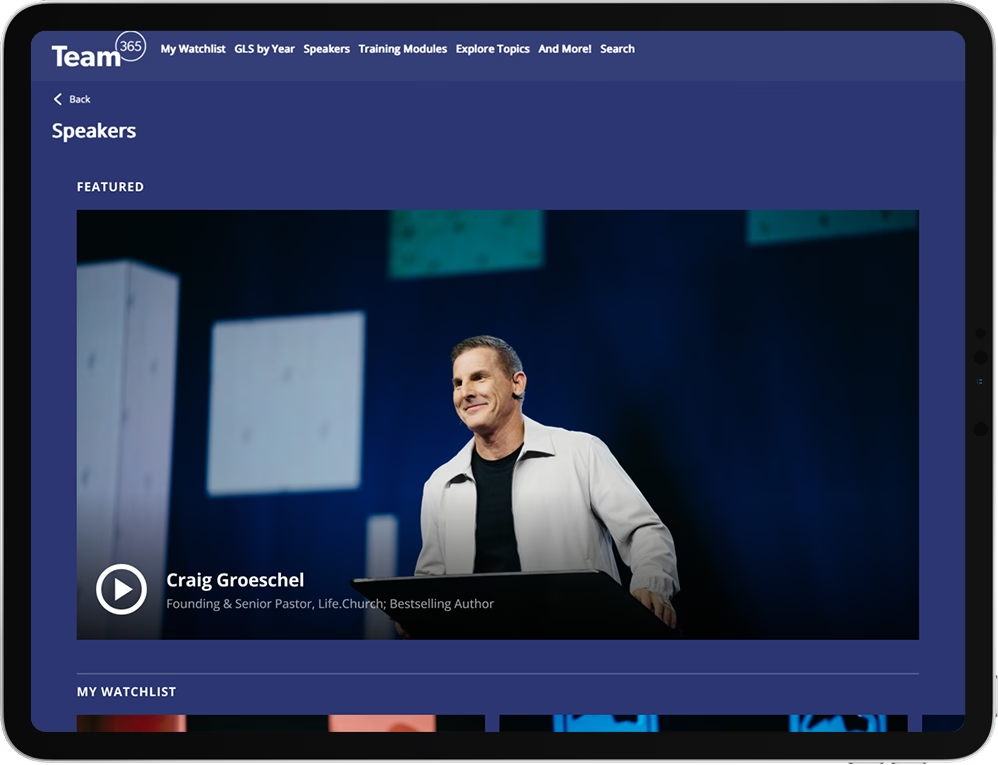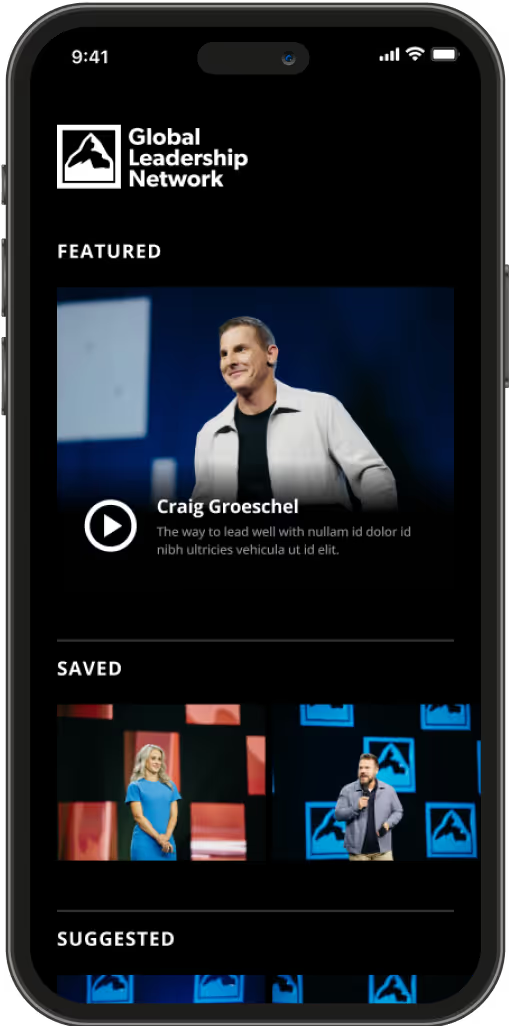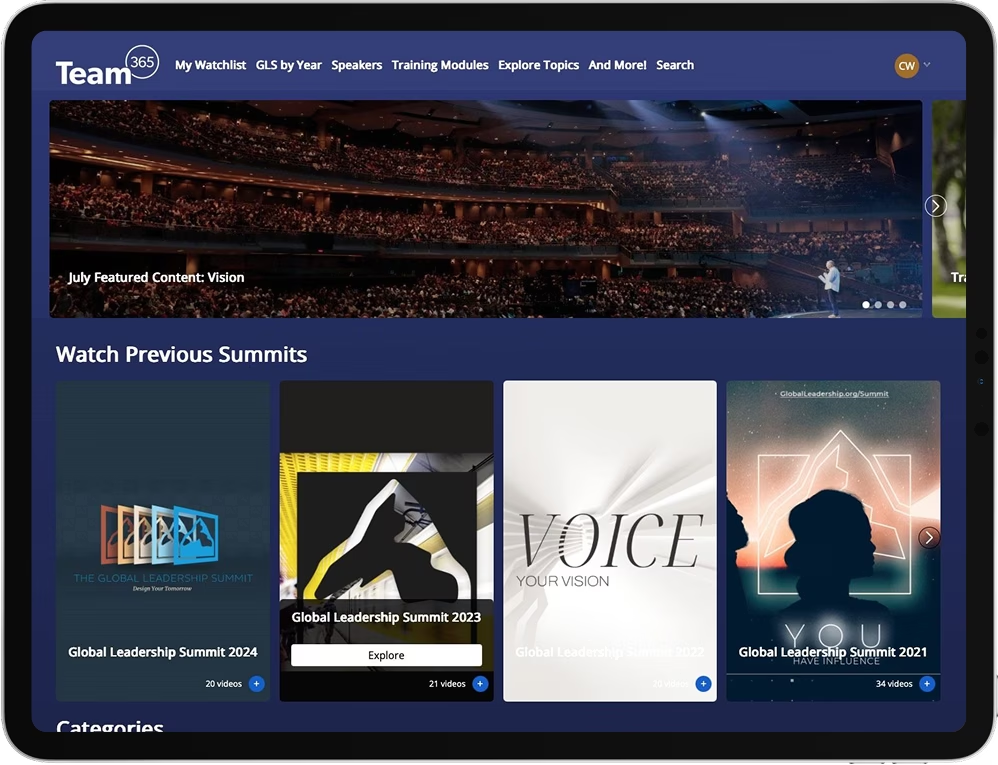Do you need to have a difficult conversation with someone but don’t know how to start? In this episode, Harvard lecturer Sheila Heen unpacks the challenging dynamics of these conversations and explores some common ways people get stuck. In part one of this two-part episode, she discusses the “What Happened? Conversation.”
Get free, instant access to GLS Podcast Episode Show Notes. Leverage episode summaries, key takeaways, reflection questions, resources mentioned, related links and applicable downloads, including Show Notes PDF and Episode Audio File (MP3).
DOWNLOADS:
SUMMARY:
Do you need to have a difficult conversation with someone but don’t know how to start? In this episode, Harvard lecturer Sheila Heen unpacks the challenging dynamics of these conversations and explores some common ways people get stuck. In part one of this two-part episode, she discusses the “What Happened? Conversation.”
KEY TAKEAWAYS:
- Engaging in a difficult conversation means we’re invested in the thing we’re doing or the people we’re doing it with.
- Using the right words will not solve a difficult conversation. The problems and solutions run deeper.
- There’s no such thing as a diplomatic hand grenade.
- In difficult conversations, we need to shift from message delivery into a learning stance of curiosity.
- Difficult conversations have an underlying structure.
- The What Happened? Conversation
- The Feelings Conversation
- The Identity Conversation
- In a learning conversation, we acknowledge that we don’t have the full information about the situation.
- Being curious doesn’t mean you abandon your convictions.
- True questions are not a matter of punctuation. Some questions are thinly disguised judgments.
- Listening is one of the first skills to go in a difficult conversation
- Three elements of the What Happened? Conversation
- 1) Shift from certainty to curiosity.
- In most cases we are both right but just talking about totally different things.
- 2) Shift from blame to contribution.
- Blame looks backward, assumes fault and tries to determine who should be punished.
- Contribution assumes everyone played some role, even if it was avoiding getting involved.
- What we did might be reasonable, but we realize it didn’t help.
- The purpose of the conversation focuses on how we can work together to get a different outcome.
- 3) Separate intent and impact.
- We often attribute motive and assume the worst.
- Other people’s intentions are invisible and they’re often complicated.
- Even with good intentions we have a negative impact on people.
- Our good intentions do not sanitize the negative impact.
- We need to pull intent and impact apart and hold them both as important.
- If we can get curious about what’s going on and why, then we’ll have a better conversation.
REFLECTION QUESTIONS:
- Think about a difficult conversation that you are having or need to have. Which of the following actions might help you move forward in in your situation? (Check all that apply.)
- a. I need to realize the right words will not necessarily help the other person understand.
- b. I need to shift from certainly to curiosity.
- c. I need to shift from blame to contribution.
- d. I need to shift from intent to impact.
- Commit to doing one (or more) of the above actions to move your conversation forward this week.
RESOURCES MENTIONED:
Program on Negotiation, Harvard Law School
RELATED LINKS:
Related
Ep 192: Creating Spaces Where Productivity, Creativity and Well-being Soar (with Bradley Rapier)
Bradley is an award-winning, Emmy-nominated choreographer with over three decades of experience in dance, production and leading teams and talent from Hollywood to Broadway. Whether dance and choreography is your thing or not, what Bradley teaches in this conversation with GLN President and CEO David Ashcraft is what happens when people feel engaged and connected, and how we as leaders can facilitate that engagement.
Ep 188: David Ashcraft on How to Create, Steer and Correct Culture
The good news is that leaders have a strong influence on organizational culture, and in this episode GLN President and CEO David Ashcraft shares what he has learned about why culture matters and a few ways that leaders can begin to establish, maintain or correct their own team cultures.
Ep 187: Gabriel Salguero on Bridge-Building Leadership
Gabriel Salguero is a pastor and the founder and CEO of the National Latino Evangelical Coalition. Recently he sat down with GLN President and CEO David Ashcraft, and together they had a vital and honest conversation about how leaders can learn to build bridges with those they lead.
Leadership That Lasts
Team365 isn’t just a platform. It’s a commitment to grow, lead and live with purpose — every single day. Whether you’re here for content, community or clarity, you’re in the right place. Your leadership matters. Let’s keep going.




